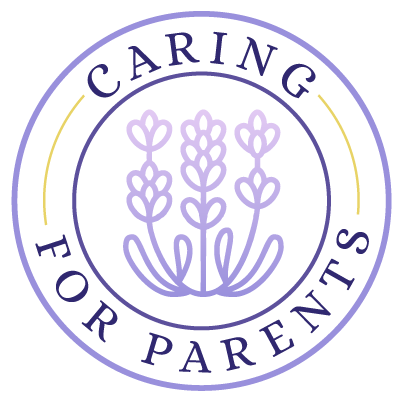End-of-Life Doulas (EOLDs) are non-medical companions to the dying and their families. Doulas do not take the place of hospice personnel; rather, they complement other services that a dying person and their family may be receiving, including hospice or palliative care. They provide a wide range of holistic services, including physical, emotional, spiritual and practical support. EOLDs may work with families from initial diagnosis through bereavement.
Doulas spend time with families, reinforcing palliative care concepts and providing emotional support. They may assist in advance care planning, coordinating family caregiving, life review, vigil planning, respite care and bereavement support. They are most useful in providing the additional support of sitting with the family during imminent dying, as well as during high need situations.
Most EOL doulas have completed in-person or on-line training where they learn fundamental knowledge and skills. There are a growing number of organizations and individual trainers who conduct these courses. Some EOLDs come to this work with a background as a healthcare provider, with or without a history of working with the dying and their families. Doula trainers offer their expertise to hospice and palliative care programs interested in developing volunteer doula programs or enhancing existing vigil programs.
Whether doulas work in a hospice or palliative care program or are hired directly by a dying individual or caregiver, they work collaboratively with other services and care providers involved, including palliative care and/or hospice teams. Doulas do not usurp the role of any other care provider; rather, they follow and reinforce established plans of care. EOLDs bring added support and peace of mind to overwhelmed families caring for their dying loved ones in whatever setting they call home. In many ways, EOLDs act as an extension of both the patient’s support network and their professional care team. EOLDs are becoming a vital part of forming Compassionate Communities at End-of-Life.
Our thanks to The NHPCO End-of-Life Doula Advisory Council for providing this information.






